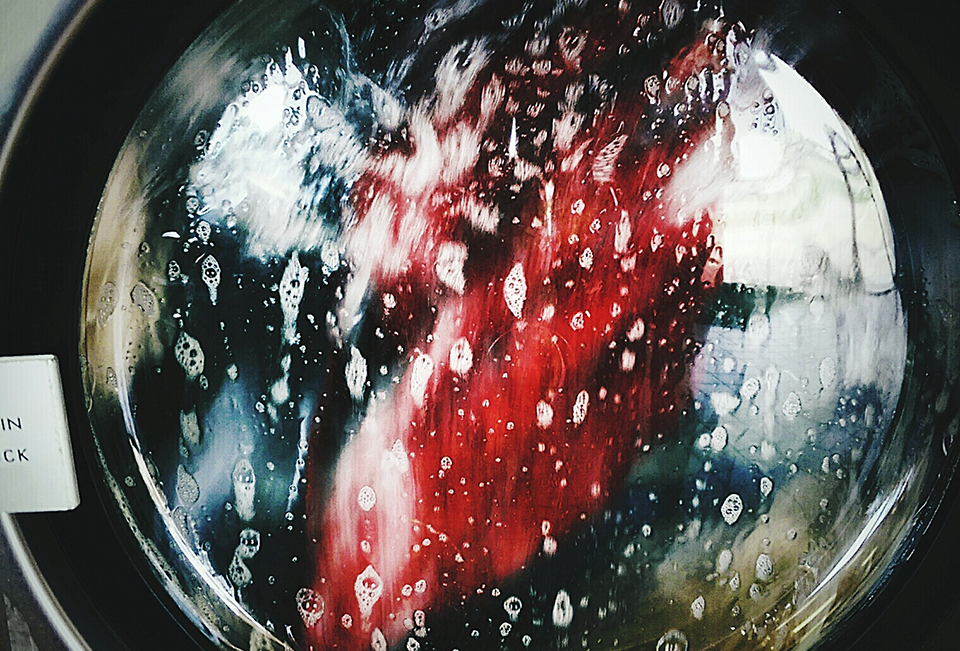What's in your water?
Water hardness explained
Why does water hardness vary?
A daily intake of calcium is essential for normal growth and health. Foods like dairy products, beans, eggs, nuts, cauliflower and spinach contain calcium. Hard water has a small but beneficial effect on a healthy diet.
There is no known health risk associated with hard water and we don’t investigate or collect samples for hardness.
On request, we can provide detailed information about hardness in your area.
We don’t soften water at any water treatment plants.
Does hard water have any health benefit?
An adequate daily intake of calcium is essential for normal growth and health. Foods such as dairy products, beans, eggs, nuts, cauliflower and spinach contain calcium. The hardness of water has a small but beneficial effect on a healthy diet.
There is no known health risk associated with hard water and we don’t investigate or collect samples for hardness. If you require, we can provide detailed information about hardness in your area. We don’t soften water at any water treatment plants.
Water softeners
We’re responsible for supplying clean, safe water. Our customers, both domestic and industrial, might want to change the hardness of their water. We leave it up to you to decide whether artificial water softening is the right choice.
You might choose to fit softening equipment at home. This can be done, as long as it’s in line with the Water Supply (Water Fittings) Regulations 1999 (formerly known as the Water Byelaws). You must keep an unsoftened supply for drinking purposes, as the softening process adds sodium to the water.
We don’t advise on whether a water softener can be fitted. For advice on the installation of filters, softeners and other devices, please contact British Water.

